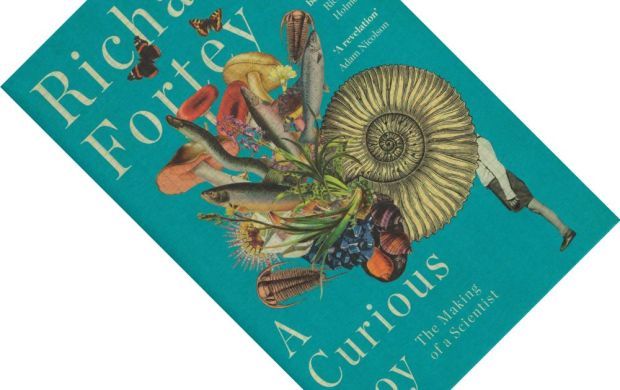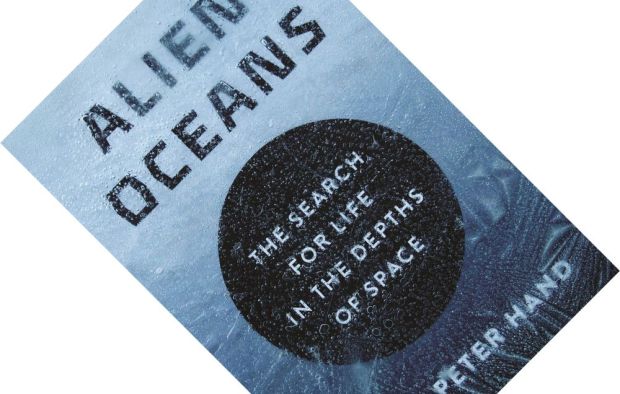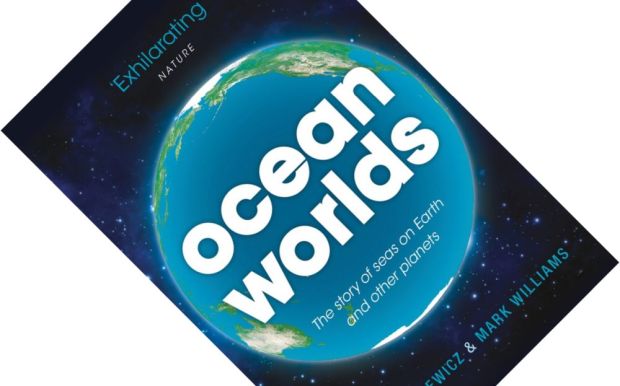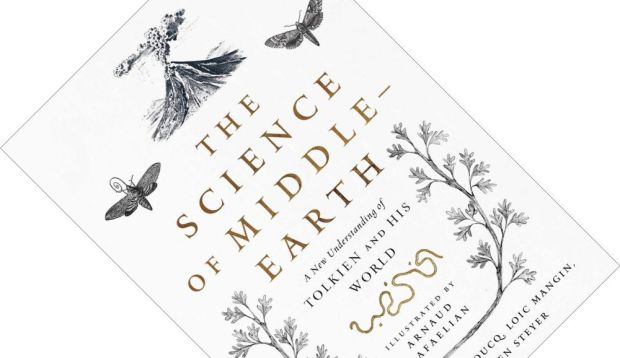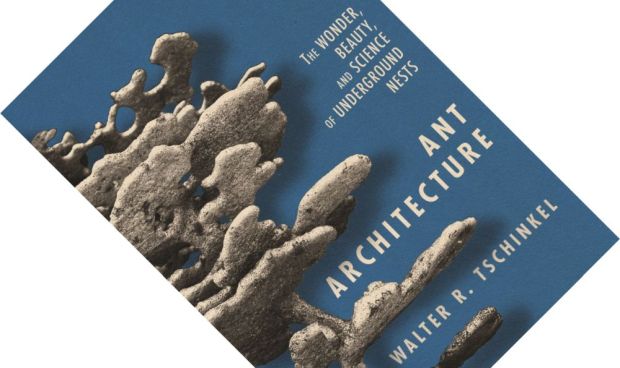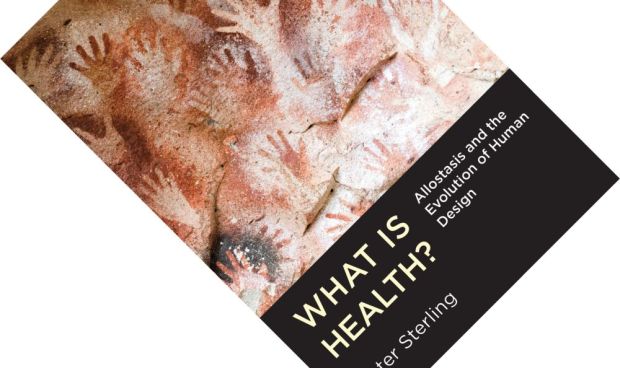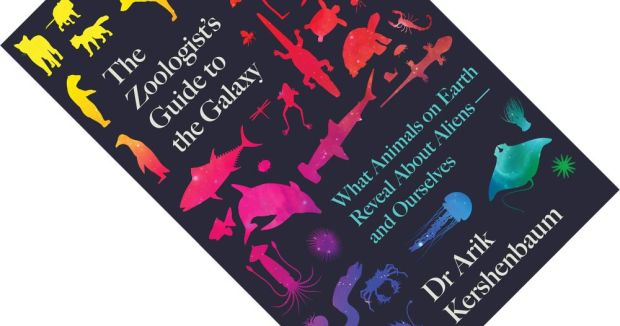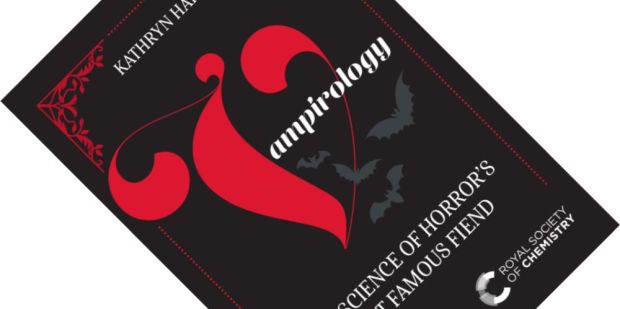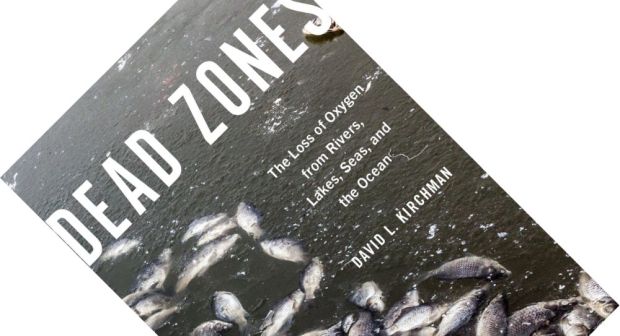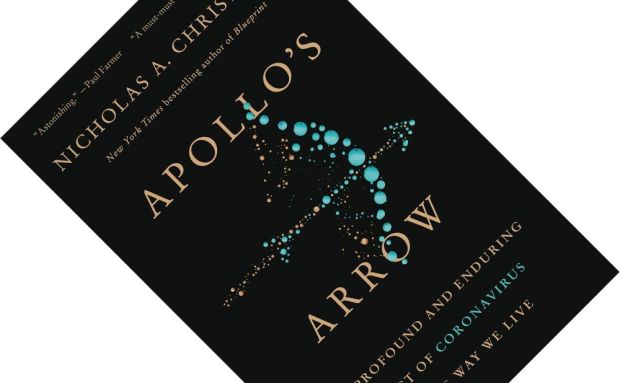7-minute read
If you asked ten scientists what made them choose their profession, would you get ten different answers? My instinct tells me that curiosity is an overriding factor for many. It certainly was for palaeontologist Richard Fortey. Published just days after his 75th birthday, A Curious Boy reflects on his earliest years and was such a disarming and enjoyable memoir that I finished it in a single day.

